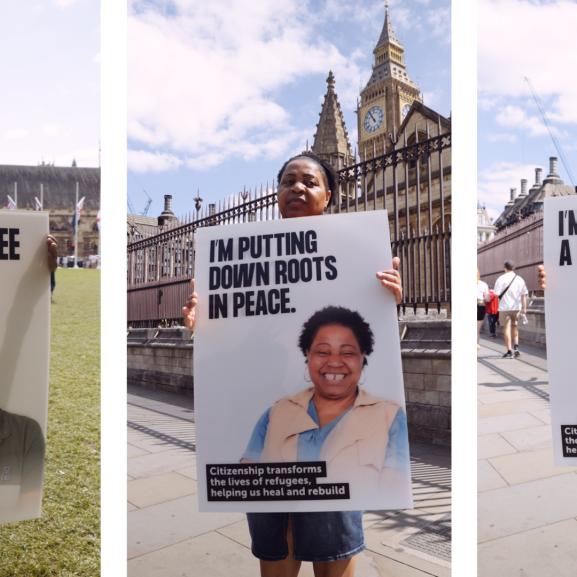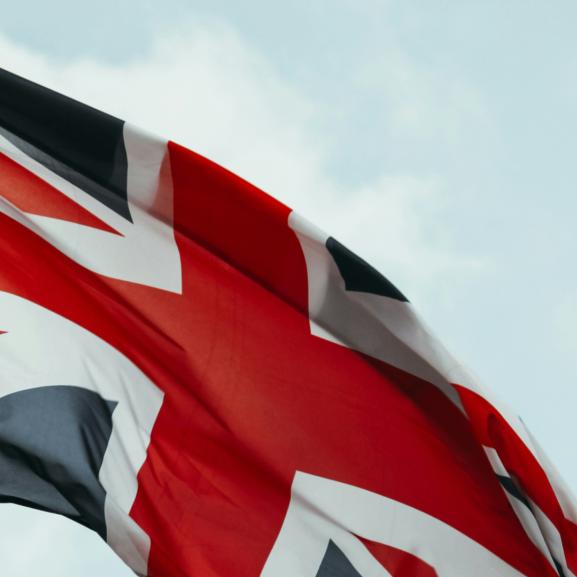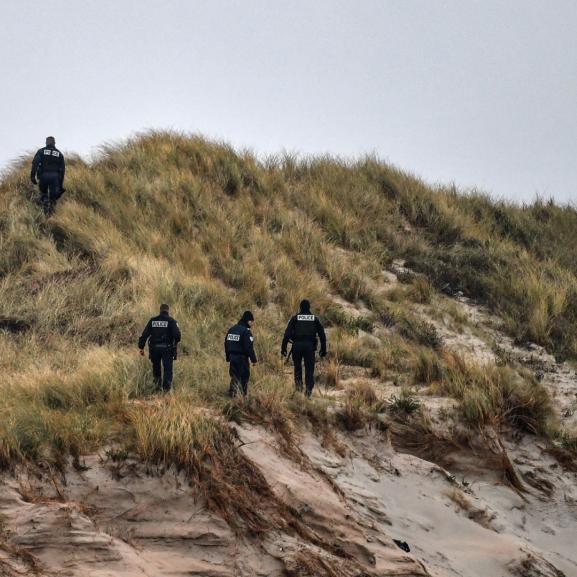Government urged to replace vouchers with cash
The London based charity Freedom from Torture today called on the Government to abandon its policy of providing vouchers rather than cash benefits for asylum seekers.
In a submission to the National Asylum Support Service's review of the new system, Freedom from Torture Advocacy Officer Alison Harvey said the use of vouchers: "creates and perpetuates isolation and hostility and subjects those involved to poverty, social exclusion and loss of dignity and sense of self worth."
She added that vouchers were having "an adverse effect on the therapeutic process" among asylum seekers receiving treatment at Freedom from torture they endured in their countries of origin.
When the Government introduced vouchers earlier this year, it claimed that asylum seekers "genuinely fleeing persecution" were looking for a safe and secure environment with a basic level of support while their applications were considered. Such people, the Government maintained, would not be "overly concerned" about whether support was provided in cash or in kind.
In its submission Freedom from Torture challenges that view. Clients of the Medical Foundation who use vouchers "all emphasise the humiliation and embarrassment they feel when using the vouchers and the extent to which they feel different, isolated, excluded, unsafe, bewildered and overwhelmed," the report says. "Contrary to what the government suggests, they are not oblivious to their social exclusion and humiliation, and the effects of this run wholly counter to our therapeutic work with them."
Ms Harvey added that Government attempts to soften the impact of the voucher system by claiming that applicants only have to endure it for a limited period, as speedier decisions are taken on their cases were also misleading. Freedom from Tortoure has clients who have already spent more than a year on vouchers.
Other specific difficulties with vouchers include the fact that shop keepers cannot give cash as change, vouchers cannot be used to purchase school uniforms, excluding the children of asylum seekers from schools, and users often cannot find food familiar to them in shops that accept vouchers.
In addition, asylum seeker mothers do not have access to infant formula, or free milk, as mothers on benefit do. Nor can vouchers be exchanged in NHS clinics where reduced price milks are available. While mothers are encouraged to breast feed, mothers under extreme stress, in poor health or suffering from malnutrition are often unable to do so.
The report concludes that: "Vouchers are inherently discriminatory and run counter to any notion of fairness."
Case Histories:
Mr A from Iran
Mr A worked to help children in Iran; this led to his persecution there. When asked about vouchers he was at pains not to appear ungrateful, emphasising that he is aware his troubles here cannot be compared to what he has suffered in the past. He appreciates that he is getting support from another country; he does not want to complain. Mr A lives in Barnet. He can use his vouchers in Sainsbury and Iceland. In both shops, staff will only allow him to buy food. When he tried to buy clothes and a plate, he was told he could not. He has no winter shoes, nor any warm clothing. He needed to buy a kitchen knife, again he was told he could not. Mr A loses money each time he makes a purchase. The most he has lost on a £5 voucher is £2, because the goods he bought cost only £3.
Ms ED from Turkey
Ms ED is a 31-year-old Turkish Kurdish woman who is a trained physiotherapist. She attends the Medical Foundation for counselling, and treatment of her post-traumatic epilepsy, the result of very severe beatings to the head when she detained in Turkey. Following her traumatic experiences, her hair turned white, causing her great distress. Ms ED is receiving vouchers and shops at Sainsbury. She was extremely humiliated when publicly told that she was not entitled to buy the hair dye which she uses to hide her white hair.
Ms R from Rwanda
This client has had problems since the 1994 genocide in Rwanda, which culminated this year in her husband and two children being killed and she herself horribly attacked. On arrival in the UK, she was dispersed to Scotland. She was happy with both her housing and the medical treatment she received, but was forced to return to London by the racist violence she experienced. That started when she was seen going to the local post office to collect her vouchers. She was stoned in the street. Then she was followed back to her hostel and windows there were smashed.





